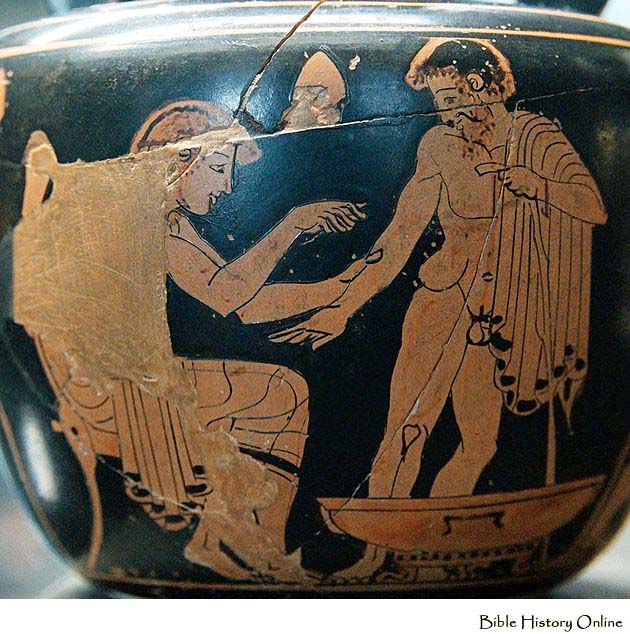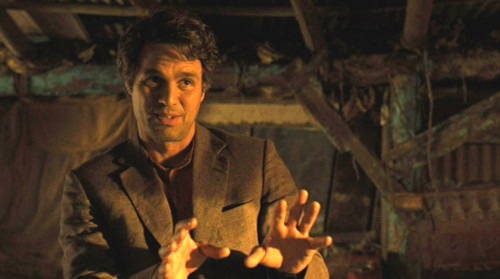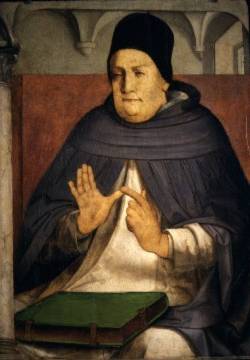I told you I needed to be more poetic, and this is the story I was trying to write when I realized some parts of human lives are too great for clunky prose.
A man came into the office, I saw him, and he left with a diagnosis that will either accompany him or hurry him along his walk towards death. And although he feared a diagnosis like that (or at least, his wife did), I truly don't think he expected to get it. His major goal of the day was to figure out what was wrong and fix it, so that he could get back to the way life was before his symptoms were bothering him. But instead, he walked out of the clinic with a dark diagnosis.
His 'dark diagnosis' is one of many that I store in a mental box in a corner of my growing art. Myasthenia gravis, multiple sclerosis, diabetes, some cancers, HIV/AIDS, hepatitis C, congestive heart failure, chronic obstructive pulmonary disease, etc. I am not the master of these diseases, but I am the one who sees the signs of them and shakily opens that slim black case and pulls out the corresponding diagnosis, handing it solemnly to the person as I introduce them to their unwanted companion.
Sorry for getting so very poetic so quickly.
Actually, I'm not sorry. All death is poetic. Prose isn't adequate for sacrifice, suffering, birth, death, heaven, hell, love, or God. All these things overwhelm the speech of ordinary life and we need the extraordinary forms of poetry or
song.
And these dark diagnoses are a kind of death, because I must tell them, "Life is different now. I wish I had different news to tell
you, but you can't go back to the way life was before."
"Now your body is not the instrument you knew it was: it won't obey you, you can't rely on it. Now you have to do special things and change the focus of your life."
I study this dark box often because these diagnoses have many effects and
are chronic, debilitating, and common. Many times I had spoken with patients and they had said "and I have COPD" or "I'm diabetic." They already carried their darkness.

But I had never visited with someone, examined him, presented his case my preceptor, and heard that we must open that box. Hearing my presentation (which is made privately outside the patient's room), Dr. H's mouth fell open and he said with raised eyebrows, "You think maybe organ failure?" as if saying, "are you opening that black box?"
And I could have said, "Oh, no! Not that, not for him." I had though his symptoms were from a relatively benign condition. And I liked this patient. We were alike somehow, even though he was a huge man with the build of a sailor, a square jaw, and the bronzed skin and bleached hair of decades of work in the open sky. We had a good rapport. (Maybe because we were both choleric?)
But I instantly knew my preceptor was right: organ failure fit with the patient's story much better than my idea, although my idea was still on my differential. In that instant I swallowed my "No!" and answered aloud evenly and honestly, "I don't know, but..." and I continued with the presentation. I watched as every word I said corroborated Dr. H's diagnosis and the lid of that box opened wider and wider.
We walked into the room and I looked at the patient with different eyes. Now I recognized the signs of that diagnosis in him. Now I saw that he had a dark companion which he did not know about but I did. It was like I could see his future, and I saw that he would become a different man.
(Sadly or happily, this man didn't grasp the impact of that diagnosis. He was relieved to have a pill to start taking to fix the problem so that he could go back to work. Dr. H may have broken the news to him a little too gently for a man so choleric. But I won't go around asserting that I know how to break bad news better than a successful, experienced, and sensitive family doctor. I actually started to see the wisdom of Dr. H's approach: the patient may be more likely to come back for follow-up if he feels his goals were met. And coming back for follow-up is good for chronic and serious diagnoses. The impact of the disease might change based on how the patient fares in two weeks.)
And I can't help it: I have to draw a spiritual parallel because it's not actually a parallel, it's a true instance of what I'm talking about. We all have a dark diagnosis--much, much darker than anything in medicine's little box. The name for people with this chronic, hereditary, debilitating disease (the name for all of us):
sinners. Our appetites are not the instrument we knew in Eden: they won't obey us, we can't rely on them.

And alone with this condition, our future is completely black: we spiral down gradually to eternal death or separation from God, who is all that is loving and good. But God planned mercy, prepared us for it, and executed it beautifully by sending a Physician (or, better), the Cure Himself.
And now we work out the cure in our own souls day by day. Now we have to do special things and change the
focus of our lives. And since it is simultaneously a kind of sacrifice, suffering, birth, death, heaven, hell, love, and is altogether of God, it sometimes takes extraordinary forms.


















